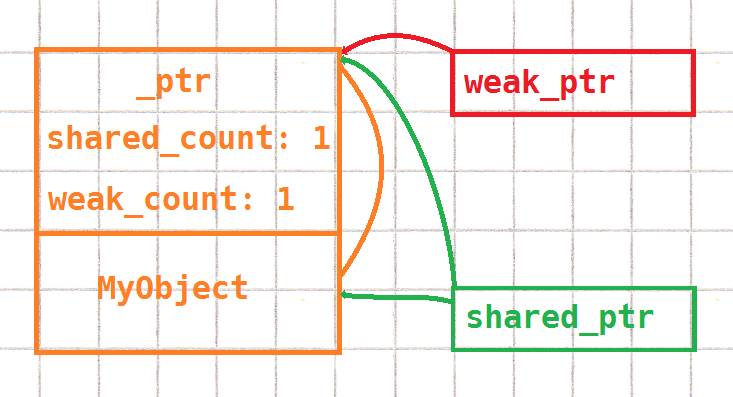Cpp On Sea 2019 Trip Report
From February 3rd through February 6th I have been in Folkestone, UK, to visit the first C++ On Sea conference.

From February 3rd through February 6th I have been in Folkestone, UK, to visit the first C++ On Sea conference.
Today, I have a guest post by Daniele Pallastrelli about extern template for you. Daniele has been programming and designing software for the last 20+ years and he’ s passionate […]
The pImpl idiom is a useful idiom in C++ to reduce compile-time dependencies. Here is a quick overview of what to keep in mind when we implement and use it.
Keep simple data structures simple! There’s no need for artificial pseudo-encapsulation when all you have is a bunch of data.
Sometimes we need unformatted data, simple byte sequences. At first glance, std::string might be a fitting data structure for that, but it is not.
If you follow some C++ social media accounts you will now and then encounter C++ quizzes and trick questions. Do we need to know the answers to be good C++ […]
Now and then we have the need to call functionality that was written in C from our C++ programs. For that, we need to use and understand extern “C”.

There are two different ways to create a std::shared_ptr: via one of its constructors and via std::make_shared. Both have their merits and different tradeoffs.
In C++, there are a few ways how values that we would consider different compare equal. A short overview.
With the new C++ standards, we got a lot of features that feel like “quality-of-life” features. They make things easier for the programmer but do not add functionality that wasn’t […]